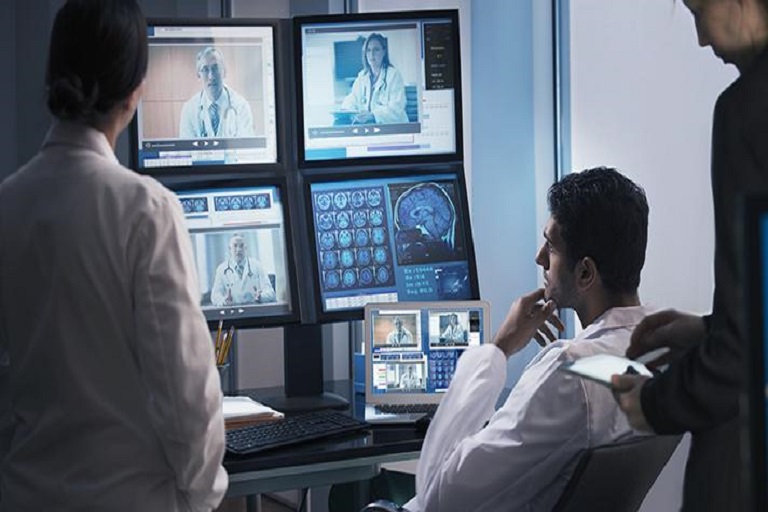Implementation of either an automated or semi-automated deep learning system for diabetic retinopathy screening could lead to cost savings at the health-system level, according to an economic analysis modeling study recently published in The Lancet Digital Health.
Backed by Singapore’s Ministry of Health, the investigation looked at data from a national diabetic retinopathy screening program conducted within the country in 2015, and modeled the simulated costs of substituting the human-led approach with artificial intelligence-augmented screening techniques.
TOPLINE DATA
Based on the study’s models, diabetes patients would incur a 12-month total cost of $77 per patient when assessed by a human. Using a fully automated screening process would cut this price by 14.3%, to $66 per patient per year, while a semi-automated approach would increase savings by 19.5%, to $62 per patient per year.
Costs relating to the human graders, screening specificities and IT considerations had the greatest impact on these prices. For the former, the researchers highlighted the roughly two minutes a human grader would require to assess each image, which a deep learning system could cut down almost entirely.
Meanwhile, the major difference between the fully automated model and the semi-automated model, which only reduced human grading costs by 74%, was follow-up care driven by each screening method’s specificity.
“The fully automated model … yields greater savings,” the researchers wrote. “This is because of a higher rate of false positives, and therefore more unnecessary specialist visits, under the fully automated model. The higher costs of graders in the semi-automated model is more than offset by the lower consultation costs. However, this is … based on the wages in Singapore, and might not apply to other settings.”
HOW IT WAS DONE
The study relied on a historical dataset of 39,006 diabetes patients screened through a tele-ophthalmology platform as part of the Singapore Integrated Diabetic Retinopathy Programme.
The recorded cost of screening these patients against the hypothetical two deep learning system-based approaches using a decision tree model developed by the research team. Parameters included in this model included diabetic retinopathy prevalence rates, screening costs of each approach, their sensitivity and specificity, and resulting medical consultation costs.
Diagnostic performance and disease prevalence values were collected from local sources or based on the researchers’ prior work. The costs of goods and services were either obtained in 2015, or were adjusted for inflation to reflect their price in June 2015.
THE LARGER TREND
A number of academic teams and major tech providers have been developing algorithm-based approaches to diabetic retinopathy screening, some of which involve devices that are easily mounted onto a smartphone to encourage point-of-care diagnoses. Google in particular has been beating the drum of machine learning-based screening for the last few years, having published study data regarding their system in 2018 and announcing its first real-world clinical use in 2019.
IN CONCLUSION
“Our study shows that both the fully automated and semi-automated [deep learning systems] were less expensive than the current manual grading system for diabetic retinopathy screening in Singapore. By 2050, Singapore is projected to have close to 1 million people with diabetes; if a [deep learning system] is adopted, this could translate into savings of $15 million,” the researchers concluded.






























